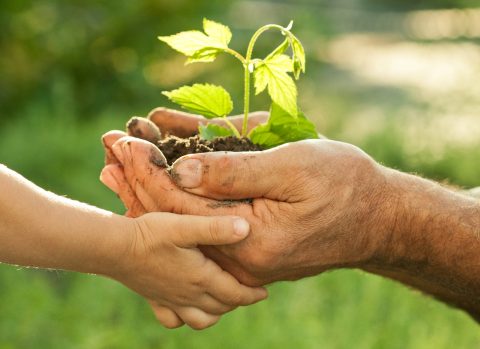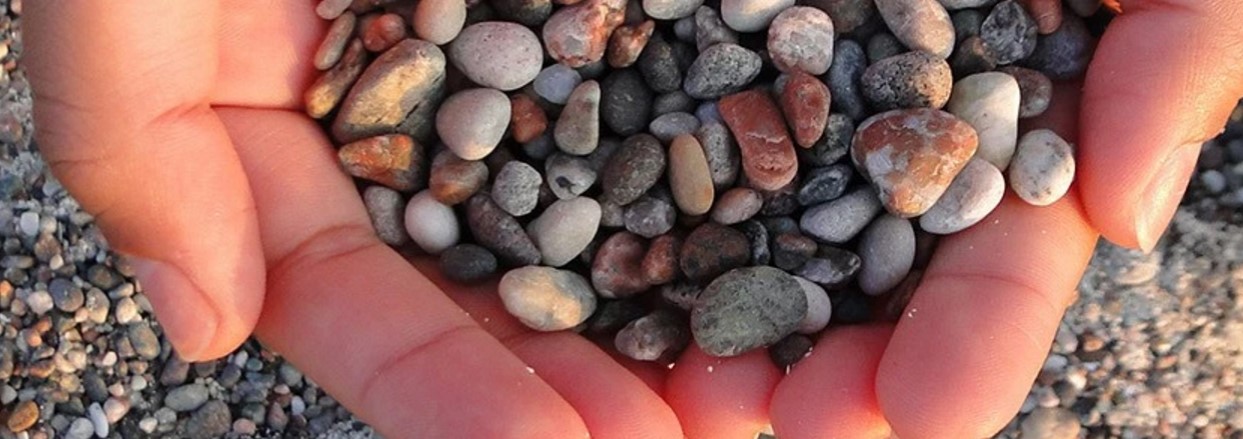Stewardship
Yours, Lord, is the greatness, the power, the glory, the splendour, and the majesty; for everything in heaven and on earth is yours. All things come from you, and of your own we give you.
Stewardship is primarily about discipleship. As we seek to follow Christ, we are encouraged to notice God’s generous and faithful provision and respond accordingly. We often think of this in terms of money, but actually it is everything we can see around us and much more besides.
This whole-life approach to stewardship is embraced by the “Narrative of Generosity” resource produced by the Church of Scotland, and supported by a 2024 book entitled Living Generously, a copy of which is available in the Diocesan Office. Further resources and ideas can be found in the documents and links below.
Made one with Christ, we offer you these gifts and with them ourselves, a single, holy, living sacrifice.

Creation and Net Zero
The Fifth Mark of Mission is: “To strive to safeguard the integrity of creation, and sustain and renew the life of the earth”.
Care of Creation is about much more than reducing carbon consumption: it is about the whole integrity of the earth. Eco-Congregation Scotland plays a key role in supporting, resourcing, and encouraging Christians across Scotland in a holistic manner.

People and their Gifts
As one song puts it: “the Church is not a building: the Church is the people”. People are both who we are and our greatest vehicle for mission. Identifying, growing, enabling and encouraging the divine spark and gifts within each person can be tricky to do well, but it is key for the flourishing of God’s reign. Here are a few things to consider.
Each person has gifts, skills and passions. It can be tempting to railroad someone into serving with their skills rather than their heart, particularly if those are skills our congregation desperately needs. Whilst that might be helpful in the short-term, it might not be fruitful in the longer-term. Therefore, the key to valuing the person and not just their gifts, is to listen to them and encourage them to give of themselves in a way that enables them to live life to the fullest.
What are considered ‘spiritual’ gifts? Many people may immediately think of ‘speaking in tongues’ or ‘prophecy’ and whilst that is correct, there are many more, such as administration, crafting, knowledge, musicianship, teaching, and writing. There are many ‘Spiritual Gift Assessments’ available online if you wish to invite individuals to complete these; however, if you are having conversations or encouraging reflection during worship, this document listing of gifts might be enough.

Physical Assets

Money, Money, Money
Regardless of how wonderful our people and buildings are, at some point we will need money to further God’s mission in the world. Whether it is to buy coffee to provide hospitality or to pay the stipend of a priest, the raising of money is part-and-parcel of being Church together. However, it is a difficult subject to discuss, not least because our Scottish culture has long made money a taboo subject. There can also be skepticism about what the church spends its money on and to what extent there is ‘value for money’. Whilst we must be aware of all these concerns, we must also acknowledge that bills do need to be paid and that even their very existence is because of our collective response to God’s generosity.
A useful introduction to the theology and spirituality of financial stewardship is a lecture presented by Henri Nouwen in 1992, entitled The Spirituality of Fund-Raising. This helps us to locate the requirement for money within the framework of God’s work in the world, and that money should follow vision (not the other way round).
A recorded webinar from 2023 that explores this theological approach before considering ways of raising funds can be found on YouTube. This covers traditional means of giving / raising funds are covered as well as newer forms of income stream.
